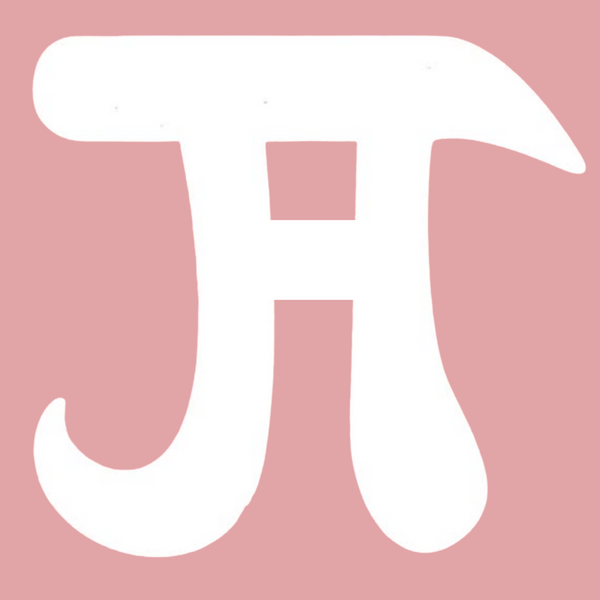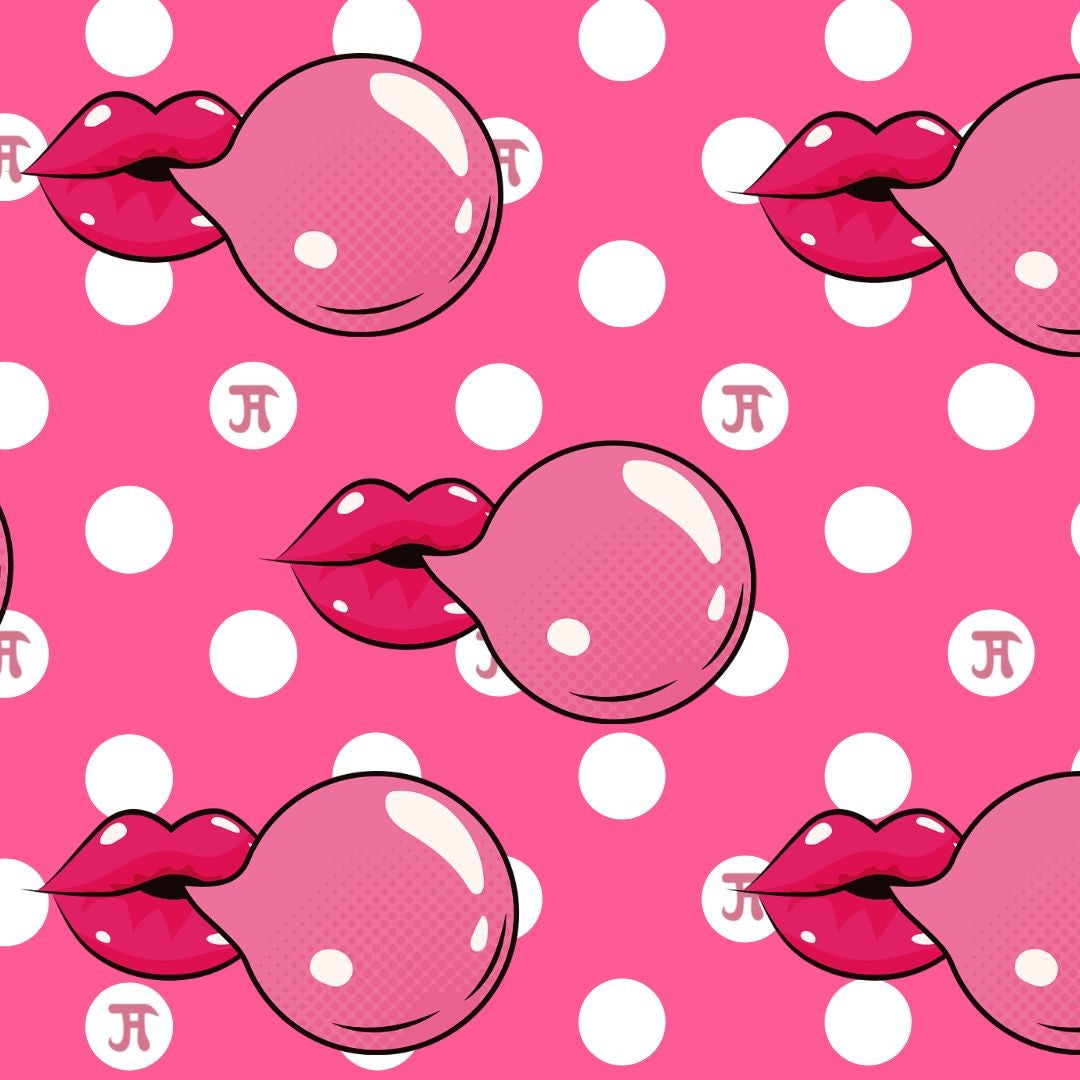Periods affect our mood...but do you know why?

You’ve heard about Pre-Menstrual Symptoms since you were little, but was it ever explained to you? Popular culture takes constant cracks at Women suffering from PMS, but for most, it’s NO LAUGHING MATTER. Are you one of these women? Ever wonder what exactly is happening to you physiologically that is making you feel this way?
You probably know by now that the menstruation cycle affects our hormones, but do you know that these hormones also play an important factor in your periods and your general health? Those little ‘guys’ are in fact quite powerful! (No pun intended!)

Understanding your Cycle
Each month, a female body will have a period with only one goal: to reproduce! Yep, since you were barely a teenager, your body has prepared itself 12 times a year, almost without exception, to get pregnant. Knowing and understanding your cycle will definitely be in your advantage, especially if you are amongst the 3 out of 4 women in the world who suffers from chronic PMS.

Day One of your period
Your estrogen & progesterone are at their lowest. The lack of these hormones in your blood is what causes bleeding and other related symptoms, such as cramping & headaches. Your uterus is getting rid of mucus it had saved up since the previous cycle, awaiting a possible pregnancy. If you are bleeding, your next ovulation is already on its way! (kind of nuts, huh?). Over the next few days, your ovaries will once again be producing new estrogen.

After the Period
Following the last day of your menstruation, the level of estrogen in your system will continue to rise, until it hits a peak. This spike will occur before ovulation, and suddenly, your body will produce the Luteinizing hormone which will come and go very quickly (within a day). This hormone predicts ovulation. This is the only time our testosterone levels increase (Yes, women too produce this!) This is probably why your libido levels are increased and you are extra fertile: your hormones are trying to get you to make a baby! How does this affect us physiologically? Women are usually more impulsive, confident, their skin will be glowy, hair shinier… isn’t the human species fantastic?! And what about the effects on mood? The high estrogen level will create positive emotions such as optimism, energy & happiness.

The Ovulation
This magical process occurs when your body is ready to release an egg, in the hopes of it being fertilized. The progesterone hormone will prevent your system from having a menstruation, should pregnancy occur. This internal disruption will cause many women to feel emotional, irritable, and unstable, for several days.

Waiting for a baby…
As the estrogen & progesterone are working tirelessly together in order to prepare your body to host a baby (yes, kind of crazy, huh?), your breasts will become tender. If the egg is not fertilized, these hormones levels will begin to decrease. THIS IS WHAT CAUSES THE FAMOUS PMS! So, to recap, you have 2 hormones levels that are rising non-stop, hit a peak, and then begin rapid decent. You’ve heard about Pre-Menstrual Symptoms since you were little, but was it ever explained to you like this?

Premenstrual Symptoms (PMS)
Symptoms are as unique as fingerprints. The length of time, manifestations, and pain level will vary from one woman to the next, and for the same woman, can change from puberty to mature age. Many women will find their PMS change after childbirth. As this is the time when your hormone levels are descending, your body will be most sensitive to pain. If you are planning to get a tattoo done or a body wax, consider choosing a date that does not coincide. It’s the time of the month when you body will crave high amounts of CARBS & SUGAR. Your serotonin levels are lowered during this time, which explains why your body is craving these types of food. (It wants more serotonin, which is what makes our brain happy & reduces anxiety) Makes sense, doesn’t it?! Contrary to high estrogen, which comes with positive effects, a high level of progesterone brings unwanted effects such as acne, constipation, and fatigue. (Now, we know…)

What happens if I take the Pill?
There are several types of contraceptive pills out there. They contain variant levels of hormones. The pill’s role is to make it impossible for an egg to be fertilized by a sperm. It does this by reducing the hormones that help your body make a baby, and therefore, prevent ovulation. Oral contraceptives have been known to reduce PMS significantly in women. We advise that you consult with your doctor and know the short- and long-term risks, as well as the advantages. There are 3 main types of oral contraception out on the market, with many variants. Some will stop your period completely. Do you homework well!

What about an IUD?
An IUD is Intrauterine device used to prevent pregnancy by creating a barrier for sperm. It comes with or without hormones. It must be inserted in a clinic by a medical professional. Check with your doctor and do your research to see if this is the right method for you. Some women will stop their periods completely while wearing one. It may take several years to conceive after the removal of an IUD. However, it may reduce or eliminate PMS.

Moral of the story
It’s YOUR BODY! The better you know and understand what is happening to you each day of the month, the better equipped you are to take action. There are many things that you can do to circumvent, even eliminate PMS. We recommend that you get a period app, journal daily, try several natural remedies, talk to your doctor. When you find the formula that is just right for you, stick to it! But you won’t be able to pinpoint it unless you track! You DO NOT have to suffer each month.
Shop Justine Haines Collections



